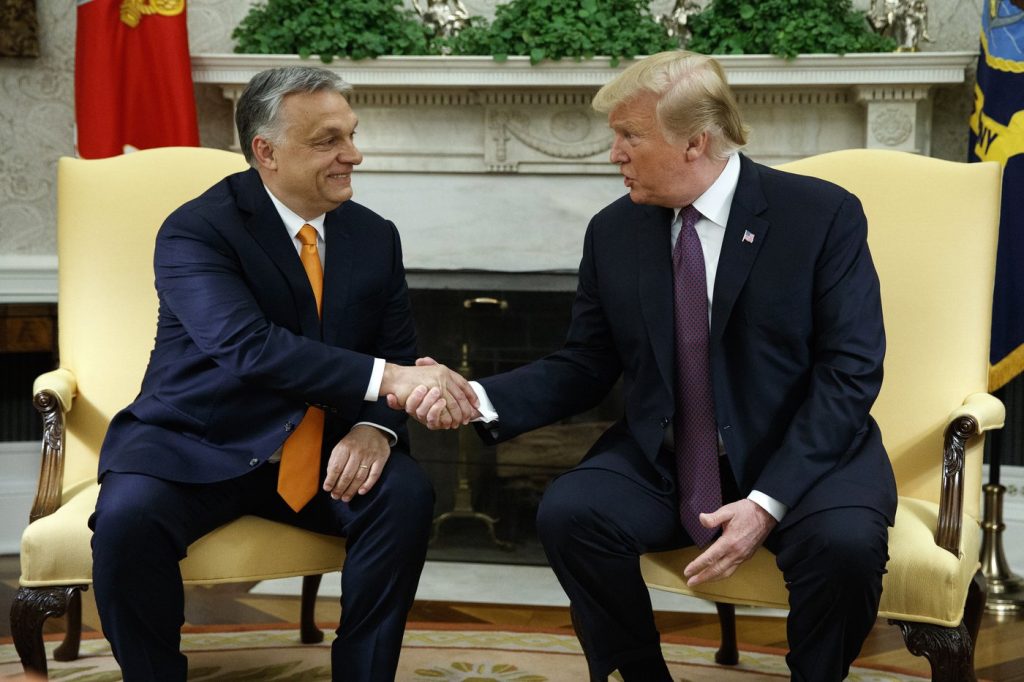BUDAPEST, Hungary - Hungarian Prime Minister Viktor Orbán declared on Friday that Hungary will persist in sourcing fossil fuels from Russia, despite the pressure exerted by U.S. President Donald Trump. Orbán emphasized that he had communicated to Trump that eliminating Russian energy imports would result in a "disaster" for Hungary's economy.
Since the full-scale invasion of Ukraine by Russia in February 2022, Hungary has remained one of the few European nations still purchasing Russian oil and natural gas. Earlier this month, Trump urged all NATO countries, including Hungary, to stop buying Russian oil, positing that such a move would lead to the end of the Russia-Ukraine war.
In an interview with state radio, Orbán recounted his recent conversation with Trump, where he expressed the severe negative impact that halting Russian energy imports would have on Hungary's economy. Orbán stated, “I told the U.S. president… that if Hungary is cut off from Russian oil and natural gas, immediately, within a minute, Hungarian economic performance will drop by 4%. It means the Hungarian economy would be on its knees.”
Despite ongoing efforts over the past three years by European Union nations to reduce their dependency on Russian energy supplies—aimed at diminishing President Vladimir Putin's revenue that sustains the war in Ukraine—Hungarian officials maintain that geographical and infrastructural limitations make it virtually impossible for the country to transition to fossil fuels from Western suppliers.
However, other countries in the region have successfully ceased purchasing Russian oil since the invasion. For example, the landlocked Czech Republic has managed to cut ties with Russian oil, while Slovakia, Hungary's neighbor, has also continued to rely on Russian energy imports.
Notably, despite the mounting pressure from both the EU and the Trump administration, Orbán asserts that in terms of energy sources, “It is clear what is in Hungary’s interest and we will act accordingly.” He further highlighted that Hungary and the United States are both sovereign nations, stating, “There is no need for either of us to accept the arguments of the other. America has its arguments and interests, and Hungary does too.”
Orbán's steadfast position on Russian energy imports underscores the complex geopolitical dynamics at play in Europe, as countries navigate their energy needs amidst ongoing conflicts and external pressures. His comments reiterate Hungary's commitment to prioritize its economic stability over political alliances or external demands.











